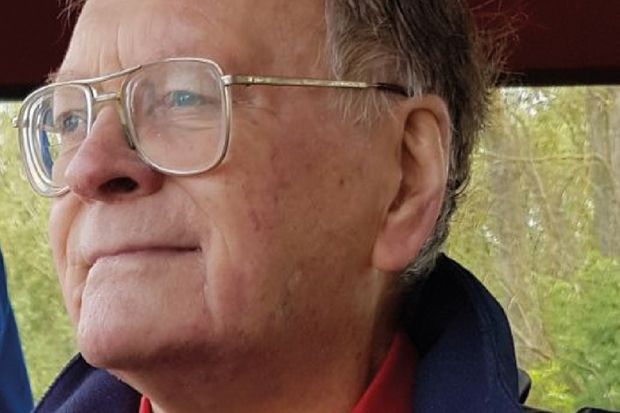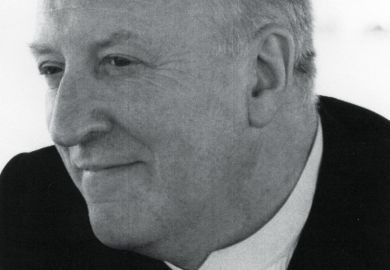A scientist who travelled to the Antarctic and greatly illuminated the physiology of survival in cold environments has died.
Ian Hampton was born in King’s Lynn in March 1936 and was educated there and in Winchester before winning a scholarship to study physiology at UCL in 1955. Having been a member of an undergraduate research expedition to Lapland in 1957, he became very interested in questions of how people survive in hostile and extreme environments. After graduating, therefore, he spent more than two years in Hope Bay with the British Antarctic Survey (1958-61). This almost proved disastrous when a sledge he was driving plunged into a crevasse, and he was saved only by the efforts of a lead dog that did not itself survive. He was awarded the Polar Medal by the Queen in 1961.
Back in England, Dr Hampton worked at the Medical Research Council (1961-67) before accepting a position as a lecturer in the new physiology department at the University of Hawai’i at Mānoa (1967-72), where he studied thermoregulation in whales and dolphins. He then moved to the University of Leeds as a lecturer in the physiology department. He was promoted to senior lecturer in 1977 and remained at Leeds until retirement in 1996. He took a sabbatical from October 1980 to March 1981 to join the International Biomedical Expedition to the Antarctic, which formed the basis for a BBC Horizon documentary.
Leeds had close links with the Institute of Naval Medicine, so much of Dr Hampton’s research focused on issues of survival at sea. Many of his students volunteered to take part in field courses in which they were immersed in cold water with various monitors attached and then subjected to different wind speeds and degrees of ocean swell. He also tested the efficiency of clothing designed to minimise heat loss in such environments.
A committed scientist and teacher who encouraged his students to make every effort to achieve their full potential, Dr Hampton was a much-loved and colourful figure on campus, not least for his extensive collection of Hawaiian shirts. He was also a keen art collector who gave pride of place in his house to a huge picture of a Hawaiian outrigger canoe. Even after retirement, he remained closely involved with the British Antarctic Survey alongside his wide-ranging interests in sport, travelling, birdwatching and collecting Antarctic memorabilia.
Dr Hampton died on 10 March after developing acute pancreatitis and is survived by his daughter Delyth and two grandsons.
Register to continue
Why register?
- Registration is free and only takes a moment
- Once registered, you can read 3 articles a month
- Sign up for our newsletter
Subscribe
Or subscribe for unlimited access to:
- Unlimited access to news, views, insights & reviews
- Digital editions
- Digital access to THE’s university and college rankings analysis
Already registered or a current subscriber?







